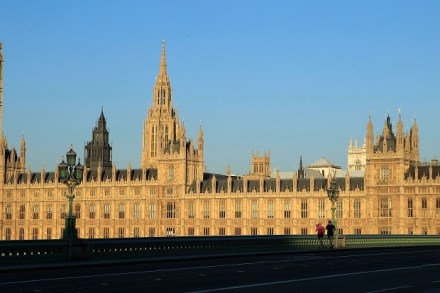Parliamentarian of Year awards 2013: the winners (with audio)
Today, the Spectator hosted our 27th Parliamentarian of the Year awards at the Savoy Hotel in London in an austerity-free ceremony to give gongs (and replica Spectator covers) to those who had fought the good fight. And some who’d fought a bad one, but annoyingly well. Boris Johnson, our former editor, was handing out the gongs. listen to ‘Boris Johnson’s speech at The Spectator Parliamentarian of the Year Awards’ on Audioboo




















